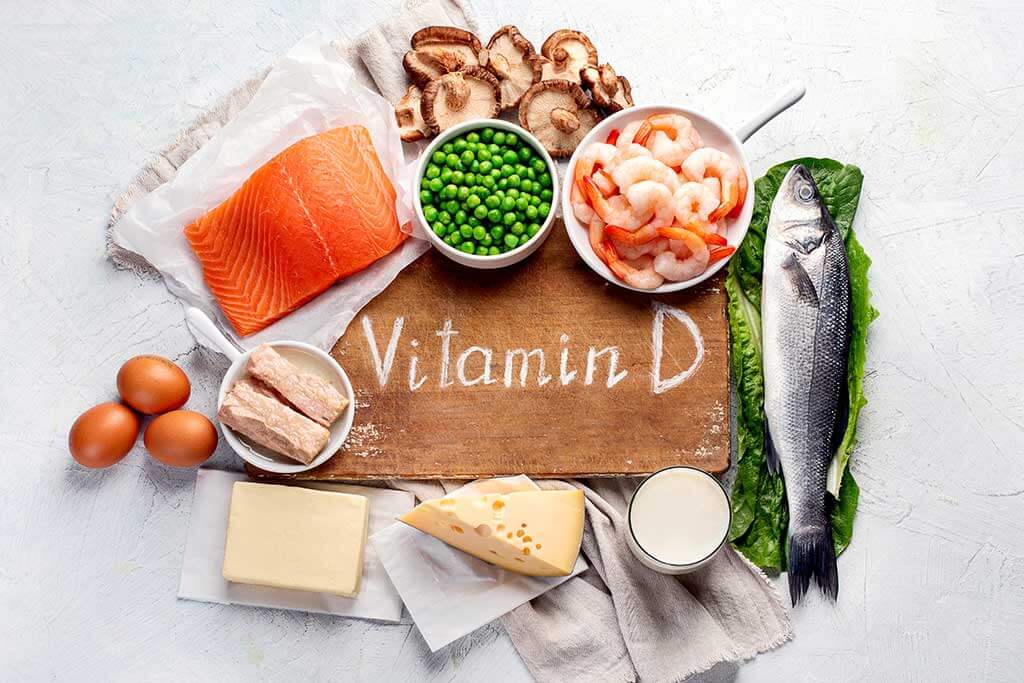A worrying but common condition that people of all ages have is vitamin D deficiency, and this is especially true in older adults. How do we know if our aging loved ones have vitamin D deficiency? The signs are very subtle and are often confused with other health issues. Firstly, we have to understand where vitamin D comes from and the symptoms of this deficiency pose. Only then, we can address these issues to help ensure your loved ones are getting the proper nutrients that they require.
How can We Get Vitamin D in Our System?
Define by top scientists and researchers, vitamins are organic compounds that are crucial for normal metabolic function. They are important because our bodies do not produce them naturally. This is why we have to ingest them through the food we eat or by taking supplements. However, vitamin D is different as it is produced by the body, through a chemical reaction that happens when your skin is exposed to ultra-violet light from the sun. We do get vitamin D from our food but most people get about 10%. Food such as dairy products and cereals are important sources of vitamin D but it still falls short of the recommended allowance that we require daily, which is 600 IU for adults.
What are the Symptoms of Vitamin D Deficiency?
Several factors play a part in vitamin D deficiency in the latter stages of adulthood. Since most adults aged above 60 years tend to spend their time indoors, they also tend to get minimal exposure to sunlight, and as skin tends to thin with age, your loved one’s skin cannot absorb much vitamin D synthesis. Other factors such as reduced appetite also contribute to vitamin D deficiency. You have to be aware of the symptoms of vitamin D deficiency to help your loved ones get the proper nutrients they need.
- Mood changes and cognitive function: Vitamin D helps to regulate immune function. This can affect one’s mood because of the release of neurotransmitters in the brain. If your loved ones are feeling depressed or tired, they might be suffering from vitamin D deficiency. Low vitamin D levels can also contribute to low cognitive performance and the risk of developing memory-related conditions.
- Weaken muscles: Insufficient absorption of vitamin D has been linked to the weakness of muscles. Your loved ones may feel a heaviness in their legs, and pain when sitting and standing up. This may lead to falls and fractures, which can be dangerous and fatal.
- Issues of digestion: Low levels of vitamin D can also contribute to the risk of having inflammatory bowel disease, a condition caused by chronic inflammation in the digestive tract. This harmful condition will interfere with the way our intestine absorbs dietary fat. This has to be diagnosed early as it can cause nutritional deficiencies that will worsen over time.
Consider Us at The Welstone At Mission Crossing for Your Loved One’s Golden Years
Being an important nutrient that our body requires, vitamin D deficiency can trigger severe health issues. All of the symptoms above can cause fatigue and depression if not treated right away. If you are looking at a senior living community that will take great care of your loved ones, why not take a look at The Welstone At Mission Crossing. We offer the freedom of independent senior living, state-of-the-art amenities, and a calendar full of activities so that your loved ones will enjoy their life here with us. Schedule a tour with us now to experience what it is like to stay with us.







